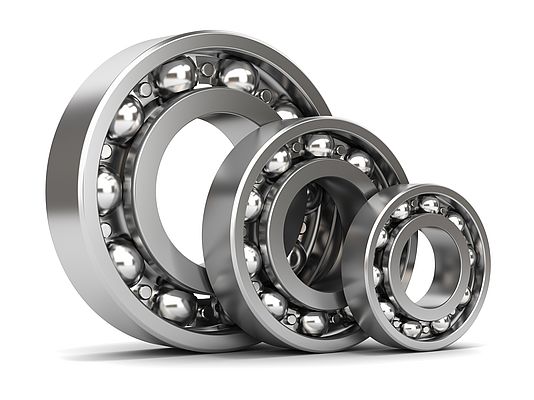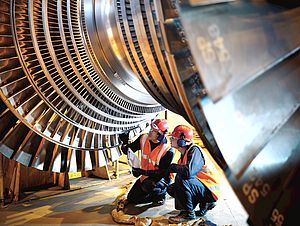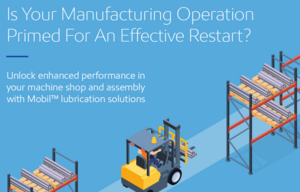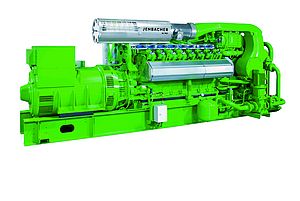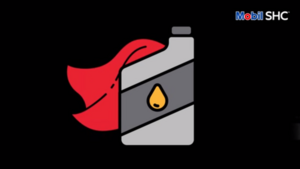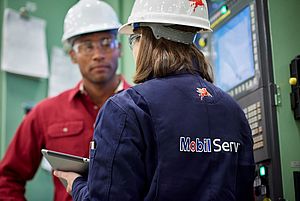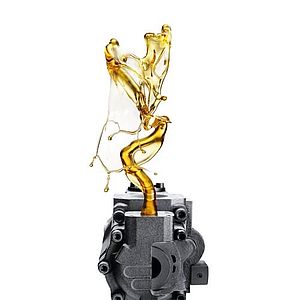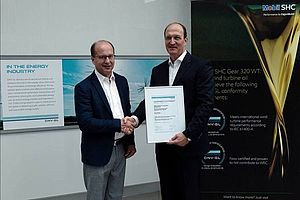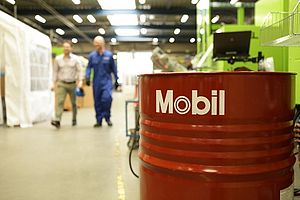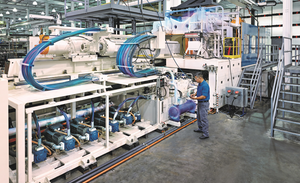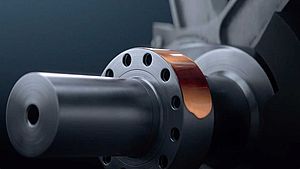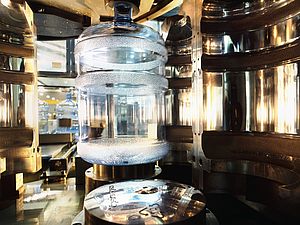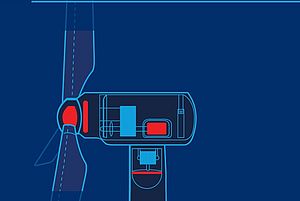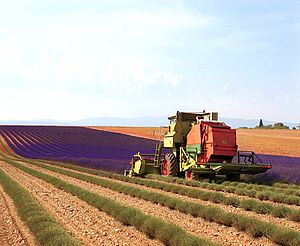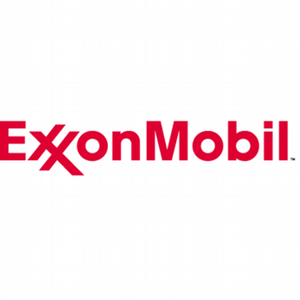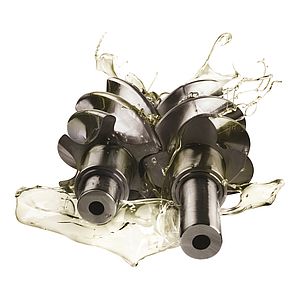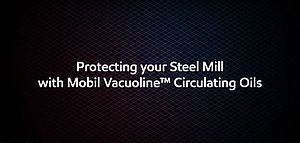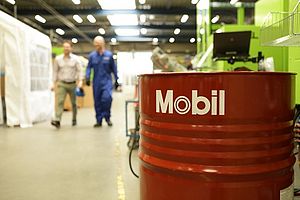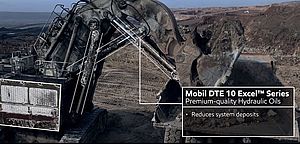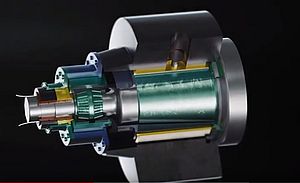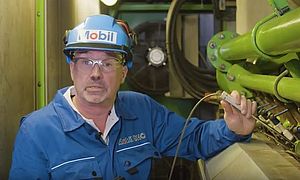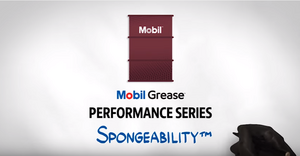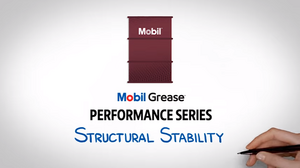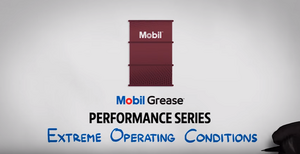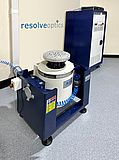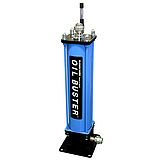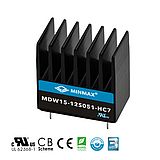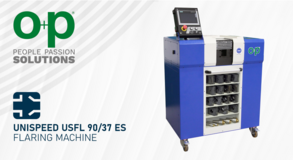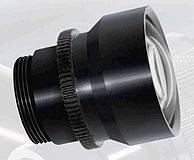Fighting extremes with advanced steel mill circulating oils
Steel mills are amongst the most hostile manufacturing environments imaginable. The combination of extreme heat and high loads is the enemy of effective lubrication, which risks costly, unplanned equipment downtime, a situation that steel mills are ill equipped to handle due to the continuous nature of their operation.
Although extreme temperatures and heavy loads can have an adverse effect on the in-service oils and greases, it is the high levels of external contaminants that pose some of the biggest problems. And the most taxing contaminant is water – essential as a coolant but a major challenge for lubricants.
Its presence is especially hazardous as it can lead to premature oxidation, which can produce corrosive acidity, trigger sludge formation and increase viscosity. It is linked to hydrogen embrittlement, which can cause premature bearings failure, and give rise to rust. There is also the risk of additive depletion and reduced film strength, which decreases wear protection.
Over time the presence of water can result in the growth of microbial contamination, such as fungi and bacteria, which can block filters and impede oil flow. Mill managers therefore need to select lubricants that are specifically formulated to not only offer reliable equipment protection under harsh conditions, but also ones with excellent demulsibility.
Circulating systems
The beating heart of a steel mill is its oil circulating system – the biggest may be greater than 100 cubic meters in capacity. There are a number of benefits to using a circulating system, not least that the oil is not subjected to continuous high thermal stresses. Also, due to high flow rate, it can be constantly filtered to remove contaminants and as there is only one lubricant to consider it is easy to monitor.
However, circulation systems have their limitations. The oil choice is a compromise as one type is rarely optimal, and when contamination and degradation require the oil to be replaced, the whole system needs to be shutdown. Moreover, water contaminated and degraded oil will affect all components serviced by the circulating system, and oil replacement costs are high, especially for large installations.
Given all these issues, it is therefore essential for mills to select high performance, long-life circulating oil with good demulsibility.
The Vacuoline family
ExxonMobil’s steel mill offer includes the Mobil Vacuoline™ 100 Series as well as the Mobil Vacuoline 500 Series. These lubricants are formulated from high quality base stocks and a proprietary additive system to provide superior wettability, extra oil retention and thin film protection against rust and corrosion. The lubricants offer excellent resistance to oxidation and thermal degradation, and a high level of protection against wear. They also possess excellent demulsibility, which enables water and other contaminants to separate readily from the oil in the system reservoir.
The Vacuoline 500 Series meets the critical requirements of the Morgan Construction Company's high speed ‘No-Twist Rod Mills’, as well as the circulation oil requirements of Danieli rod mills. The Vacuoline 100 Series consists of heavy duty circulating oils specifically designed for the lubrication of plain bearings in metal rolling mills. The series also meets the Morgan ‘super demulsibility’ advanced lubricant specification.
Substantial cost benefits
Both ranges offer enhanced equipment reliability, a reduction in avoidable maintenance costs and cuts in oil consumption. This not only helps protect a plant’s bottom line but also increases its competitive advantage. Steel mill operators should therefore always choose lubricants that best fit their operational needs.


